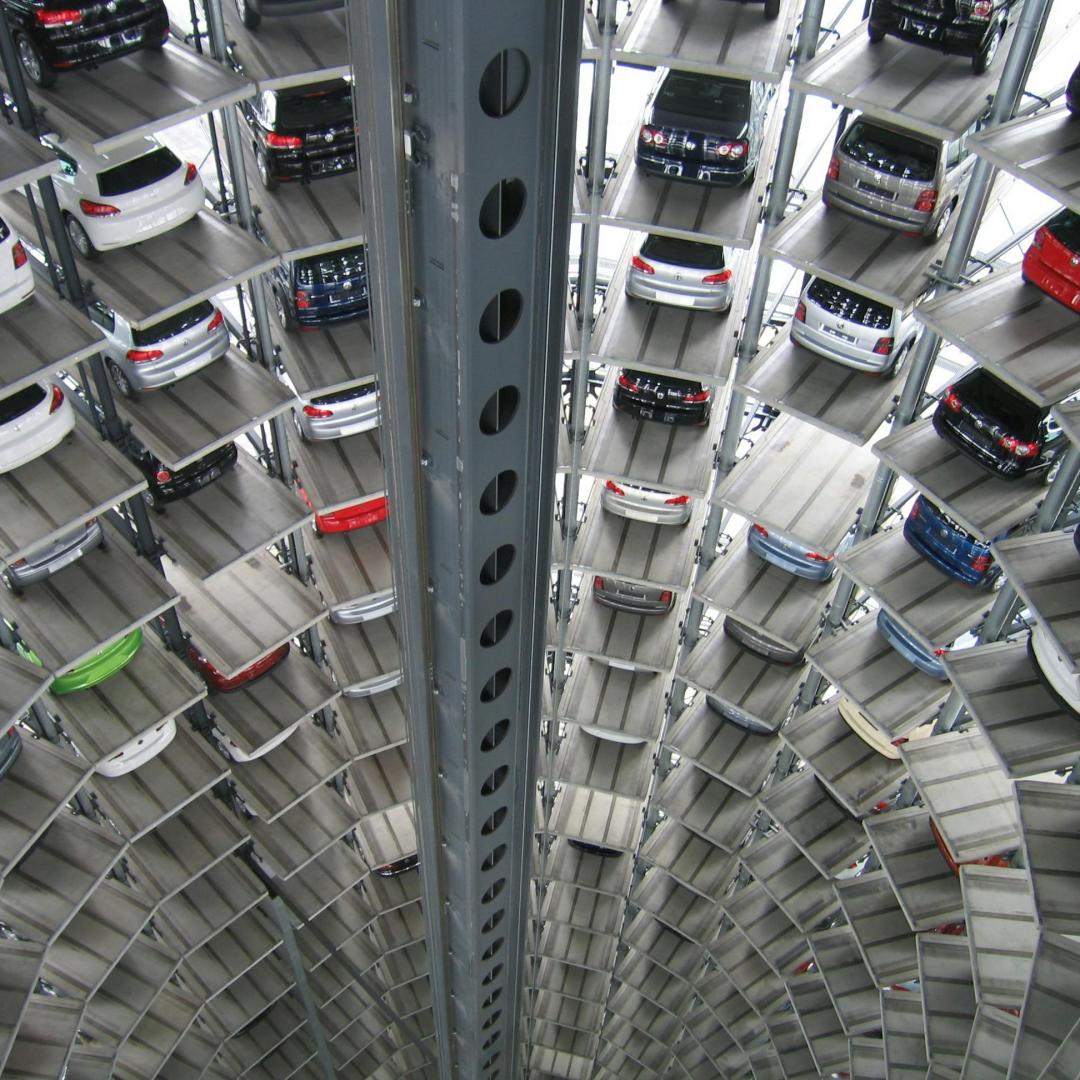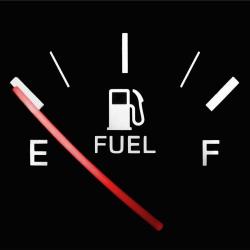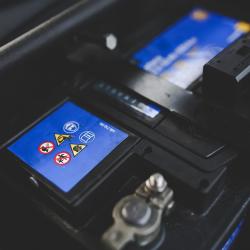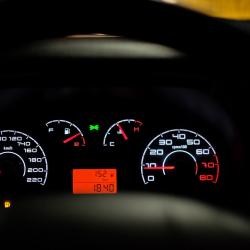How to Buy a Car for High Mileage: Durability and Efficiency
Purchasing a high-mileage car can be both a practical and budget-friendly decision, especially if you’re looking for a reliable mode of transportation without the hefty price tag of a new vehicle. However, choosing the right car that offers both durability and efficiency requires a keen eye and a bit of automotive knowledge. Here's a guide to help you make an informed decision when buying a car meant to withstand high mileage.
1. Research Makes and Models Known for Longevity
Start by identifying car brands and models known for their longevity and reliability. Brands like Toyota, Honda, and Subaru have built reputations for producing durable vehicles that can easily surpass the 200,000-mile mark with proper maintenance. Look up annual reliability reports and consumer reviews to understand which models have stood the test of time and high mileage without frequent repairs.
2. Prioritize Service History and Maintenance
When considering a high-mileage vehicle, the service history becomes crucial. A car that's been well-maintained over the years will generally outlast one that hasn't. Request comprehensive maintenance records from the owner or dealer. Look for regular oil changes, scheduled servicing, and any major repairs or part replacements. A consistent servicing record is often a good indicator of the car’s current condition and longevity.
3. Conduct a Thorough Inspection
An in-depth inspection by a trusted mechanic can reveal potential red flags that aren’t visible to the untrained eye. They can assess engine health, transmission function, brake condition, and the state of the suspension. Pay special attention to signs of rust, especially in areas with harsh winters or near coastlines, as corrosion can significantly shorten a car’s lifespan.
4. Evaluate Fuel Efficiency
High mileage cars should also be fuel-efficient to ensure economical operation over the years. Consider models with a reputation for good gas mileage. Additionally, hybrid vehicles can be an excellent choice for those looking for fantastic fuel economy in high-mileage situations, although they tend to have more complex systems that might require unique maintenance.
5. Consider the Cost of Ownership
Beyond the purchase price, assess the overall cost of owning the vehicle. This includes the average costs of repairs, insurance, parts, and fuel. Some high-mileage cars might seem economical upfront but can be costly due to expensive parts or frequent repairs.
6. Check for Recalls and Common Issues
Research common issues associated with specific car models and any recalls that might affect the vehicle. Websites and forums dedicated to car owners can provide insight into what issues might arise with a particular model and how often these issues occur.
7. Test Drive and Trust Your Instincts
A test drive is essential when buying a car, especially one meant for high mileage. Pay attention to how the car handles, any odd noises, the responsiveness of the steering and brakes, and the overall comfort. Trust your instincts; if something feels off, it’s better to explore other options.
8. Factor in Resale Value
While the immediate goal is to find a reliable, high-mileage car, it’s always wise to consider a vehicle’s resale value. Cars that depreciate slowly are often more reliable and cost-effective in the long run.
Conclusion
Buying a car for high mileage isn't just about finding a vehicle that can rack up miles. It’s about finding a balance between durability and efficiency. With careful research, regular maintenance, and wise choices, you can purchase a high-mileage car that serves you well for many years. Remember, the key to a successful high-mileage vehicle ownership experience lies in diligence and informed decision-making.





















